Take it from a Berlin tour guide – Europe risks repeating mistakes that led to the Third Reich
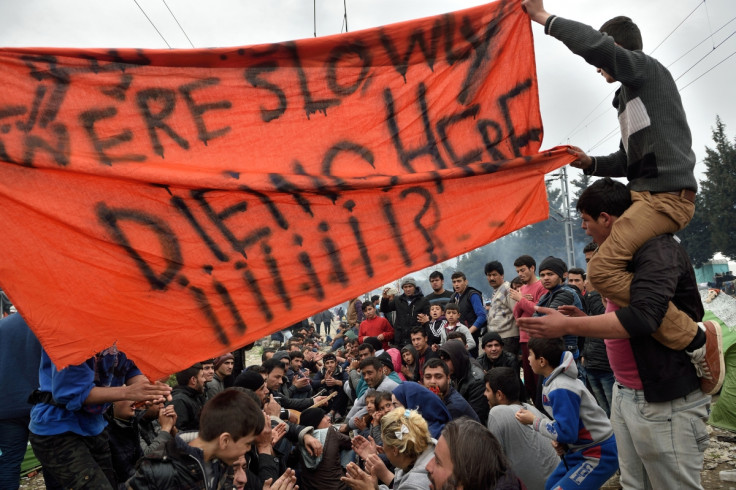
"Those who cannot remember the past are condemned to repeat it."
This often quoted aphorism was written by the Spanish philosopher George Santayana in 1905. It was prescient then as it is, regrettably, now.
Contrast that to 1992 when Francis Fukuyama declared the "end of history" one year after the disintegration of the Soviet Union. He was articulating an optimism for the future: we would not see the level of violence, discrimination and intolerance that scarred the 20th century ever again.
This optimism seems utterly misguided in 2016. The recession and depression that mired Europe since 2008 have given way to the political right.
Red doors and wristbands for refugees in the UK, assets seized from migrants in Denmark and Switzerland, a Republican candidate for US president who called for an entry ban on Muslims becoming the most popular, anti-Islam groups staging protests against immigration across Europe...
Sound familiar?
Imagine if you could travel in a time machine and go back to Berlin in 1928, you would arrive in a city unlike any other in Europe. A tolerant and liberal atmosphere that appealed to gays, lesbians and, of course, Jews from all around Europe. Greats works of literature, film, art, music and science combining in an explosion of creativity and life. For all of its problems, the capital was home to a functioning democracy that dealt effectively with hyperinflation only five years before.
The power of dehumanising language cannot be understated because Germany transformed from one of the most tolerant and civilised nations on the planet to the most barbaric in a few years. Could this happen again?
Suppose you were to strike up a hypothetical conversation with someone: in a decade, there would be a genocide where millions will be murdered on an industrial scale. Tens of millions killed, not on the battlefield, but in gas chambers. Men, women and children. Jews, Slavs, Poles, homosexuals, the physically and mentally disabled.
If you were to tell them this would be perpetrated by Germans and an Austrian corporal would lead the country into chaos and ruin, I daresay the Berliner would be too incredulous to give you the courtesy of a response.
We know what happened next. The crash of 1929 created the perfect conditions for the cancer of fascism to spread. Like it had in Italy when Mussolini marched on Rome in 1922.
This inspired Hitler and National Socialist thugs to attempt to do the same one year later. Hitler learnt from the failure of the Beerhall Putsch and realised that he would need to convince the German people not by violent revolution, but by persuasion.
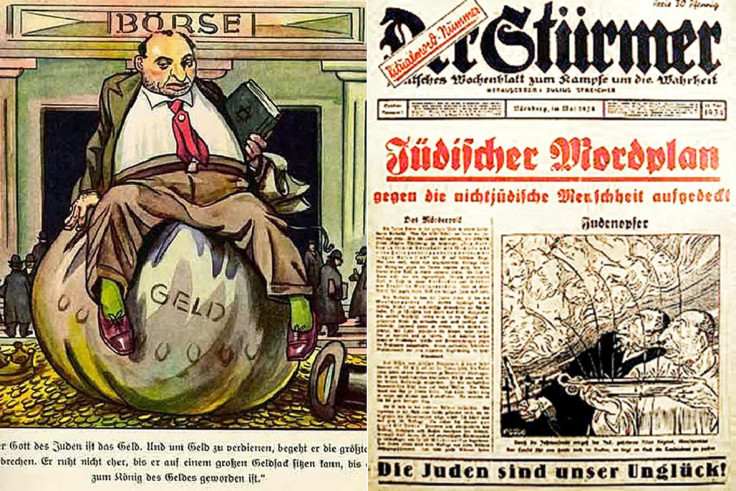
After the crash of 1929, people were ready to listen and, more importantly, ready to blame. Though the Jews in Germany only represented a tiny percentage of the total population (0.86%) they were blamed for all of the country's economic problems. They, along with the communists, were destroying the country and needed to be wiped out once and for all.
The rhetoric was incendiary and built on a tradition of anti-Semitism that caricatured the Jews as rats, vermin, lizards and in the cold, bureaucratic language of the Nazis, as a "storage problem".
If this rhetoric sounds familiar, we see this hateful language applied to Muslim refugees today. As the rhetoric of hate slowly and surely transfigured the Jews into the bogeyman in the 1930s, Muslim refugees are today depicted as vermin, rapists, murderers too: the bogeyman of the 21st century.
The power of dehumanising language cannot be understated because Germany transformed from one of the most tolerant and civilised nations on the planet to the most barbaric in a few years. Could this happen again?

It is worrying that many Europeans are voting for far right parties such as Hungary's Fidesz party whose leader Viktor Orbán's response to the refugee crisis is to build a wall on the Serbian border.
More recently in Poland, the Law and Justice Party has refused to take more refugees. It is especially worrying that Alternative for Germany (AfD), a populist far-right movement, has gained considerable support and so quickly.
It is shocking that the refugee crisis has seen many Europeans give in to their atavistic fears rather than with compassion and empathy.
Again, we know what happened next. When the Evian Conference convened in 1938 to discuss the humanitarian crisis of that time, and the fate of Germany's Jews after Kristallnacht, politicians from all around the world talked and talked with concern but, in reality, did next to nothing to help.
This increased the Nazi's hatred and discrimination of the Jews because they saw a world relatively indifferent to them as well. Indifference to the plight of refugees is no different. It is hardly surprising then that Germany has led the way in the refugee crisis over the past year.
Over one million refugees came to Germany and while inevitably welfare and social services are struggling to cope with such a huge number, and with no end in sight for the war in Syria, there is still compassion for the victims of one of the biggest humanitarian crises in recent years. Because Germans do know what happens when groups are marginalised and dehumanised. It is a logical step towards violence.
The deputy leader of the Pegida movement, Tatjana Festerling, recently said: "If we don't grab our pitchforks and fight the Islamisation of Europe, we are lost. "In peaceful times, we Germans like to be decent and behave nicely to foreigners. But in times like these, we need to forget about decency. F*** decency. This fight against Islamisation is the last battle. Islam is a twisted ideology... If they keep crossing the border and you can't arrest them, shoot them."



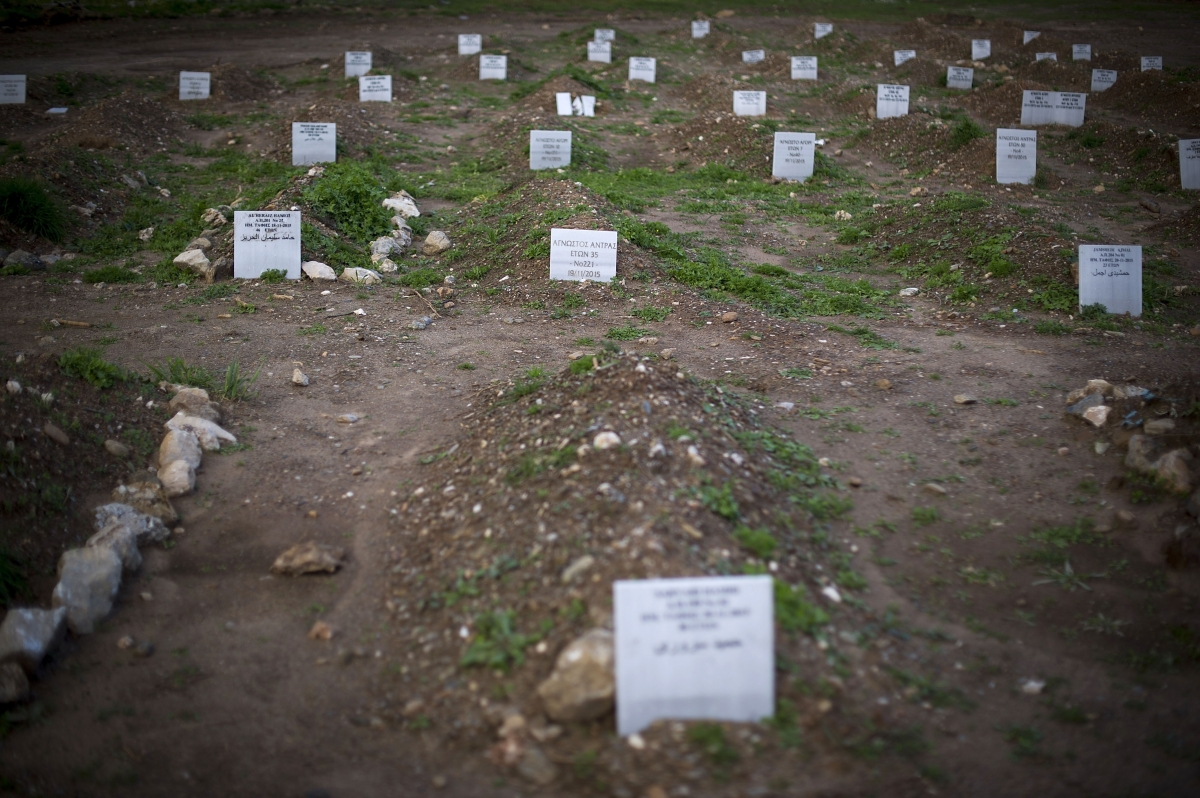
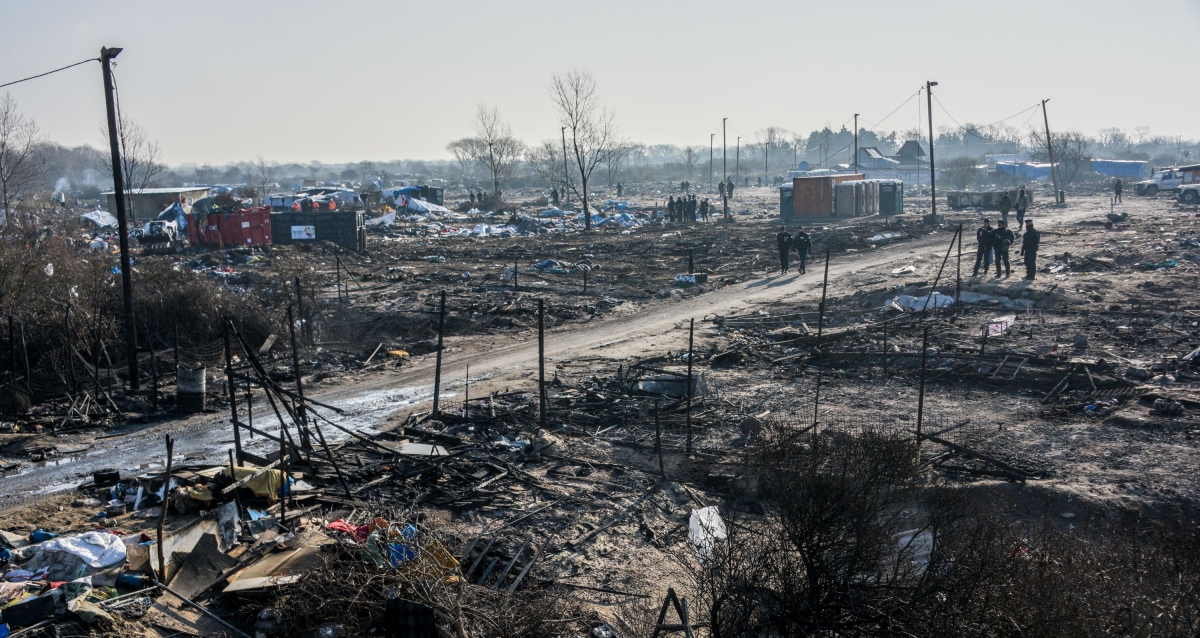
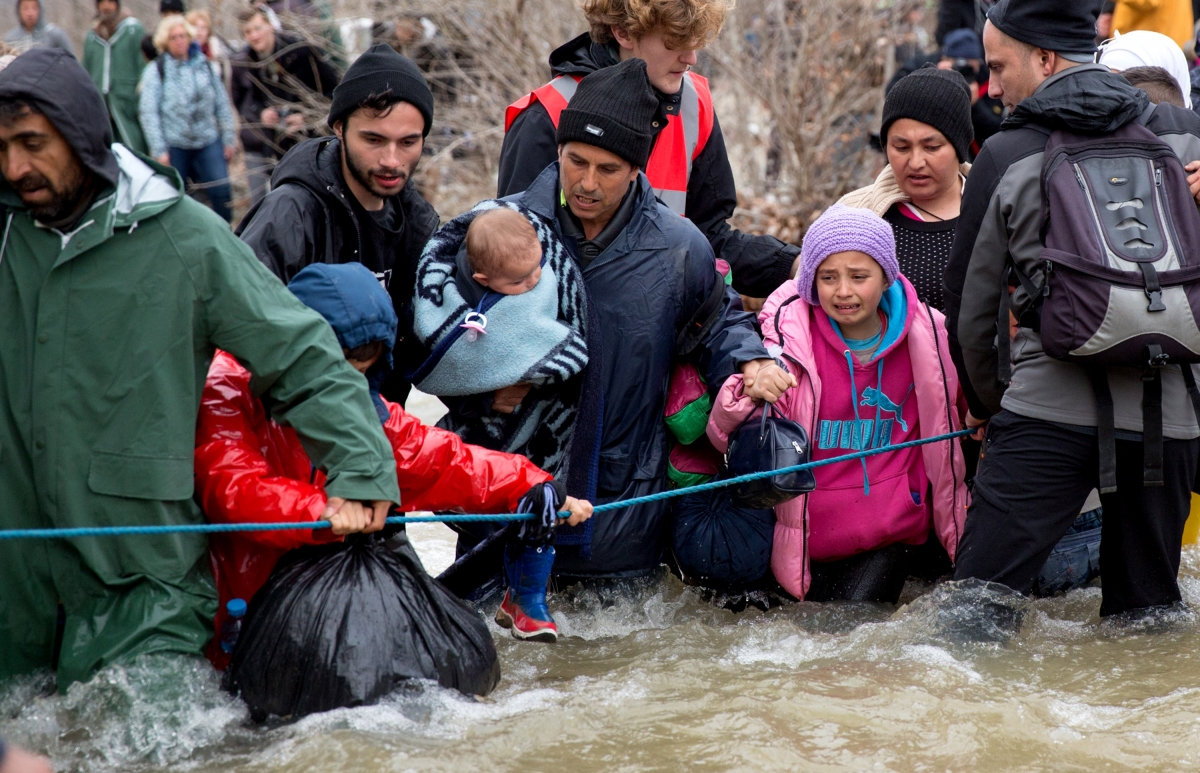
Gains made by the AfD in the 2016 state elections are remarkable as this party is only three years old. Their anti-immigration rhetoric has chimed with many Germans, and especially young people who had never voted before and who feel neglected in favour of refugees.
Merkel's greatest challenge then will be to win back these supporters and argue in favour of supporting refugees further. This is needed to prevent Europe descending further into a repeated past.
Every day I give tours in Berlin and talk about the Third Reich. And every day I say to people what a great and terrible reminder we have of the past when we neglect to help people. Because if Germany of all countries who have done such an awe-inspiring job of dealing with their past can not challenge a party such as AfD, then which country in Europe will?
The word Vergangenheitsbewältigung translates as "struggling to come to terms with the past". It is a struggle, but if we ignore the past we are doomed to repeat the same mistakes.
Sam Noble is a tour-guide in Berlin currently working towards his PhD in history.
© Copyright IBTimes 2025. All rights reserved.






















